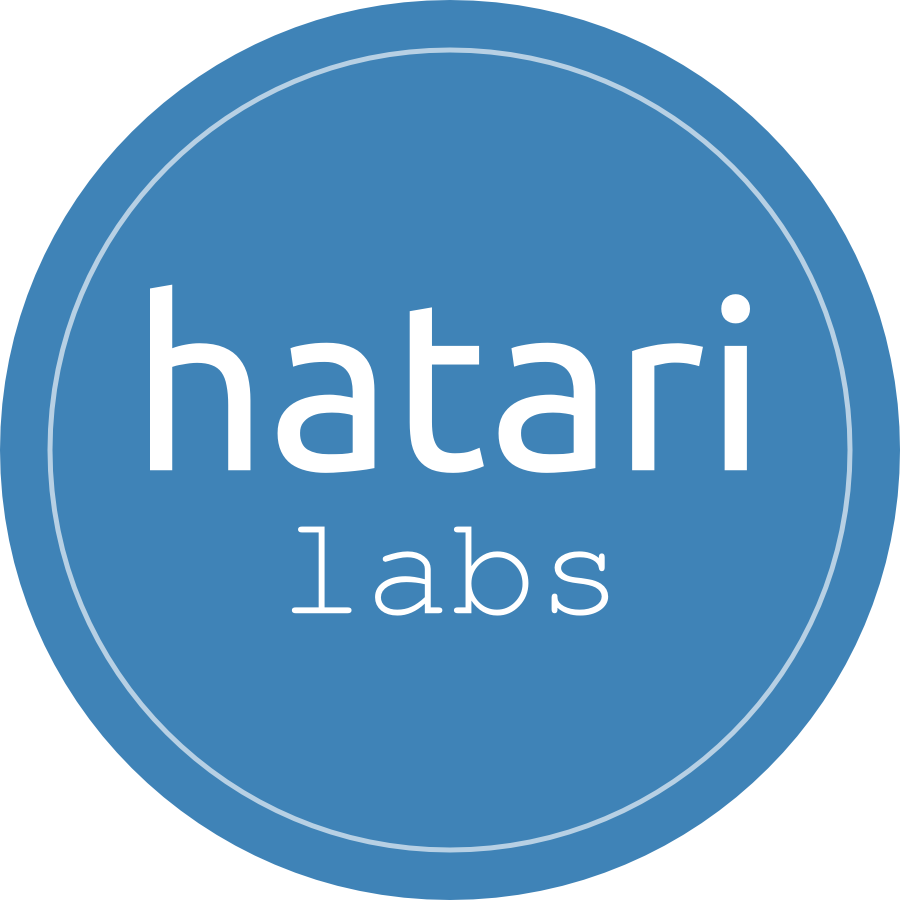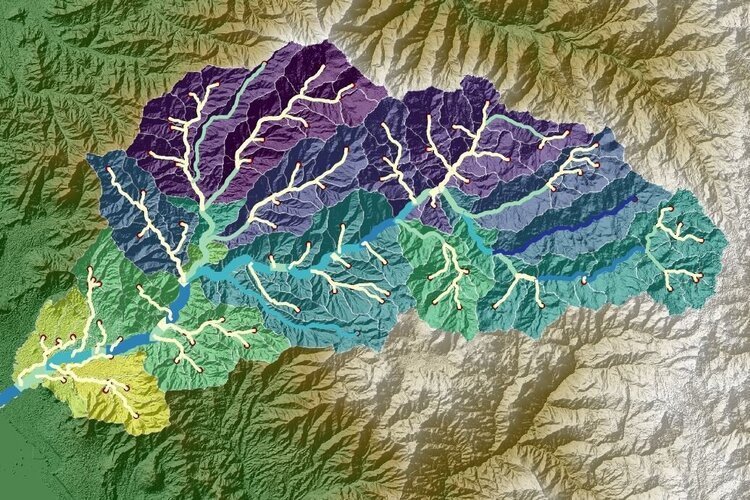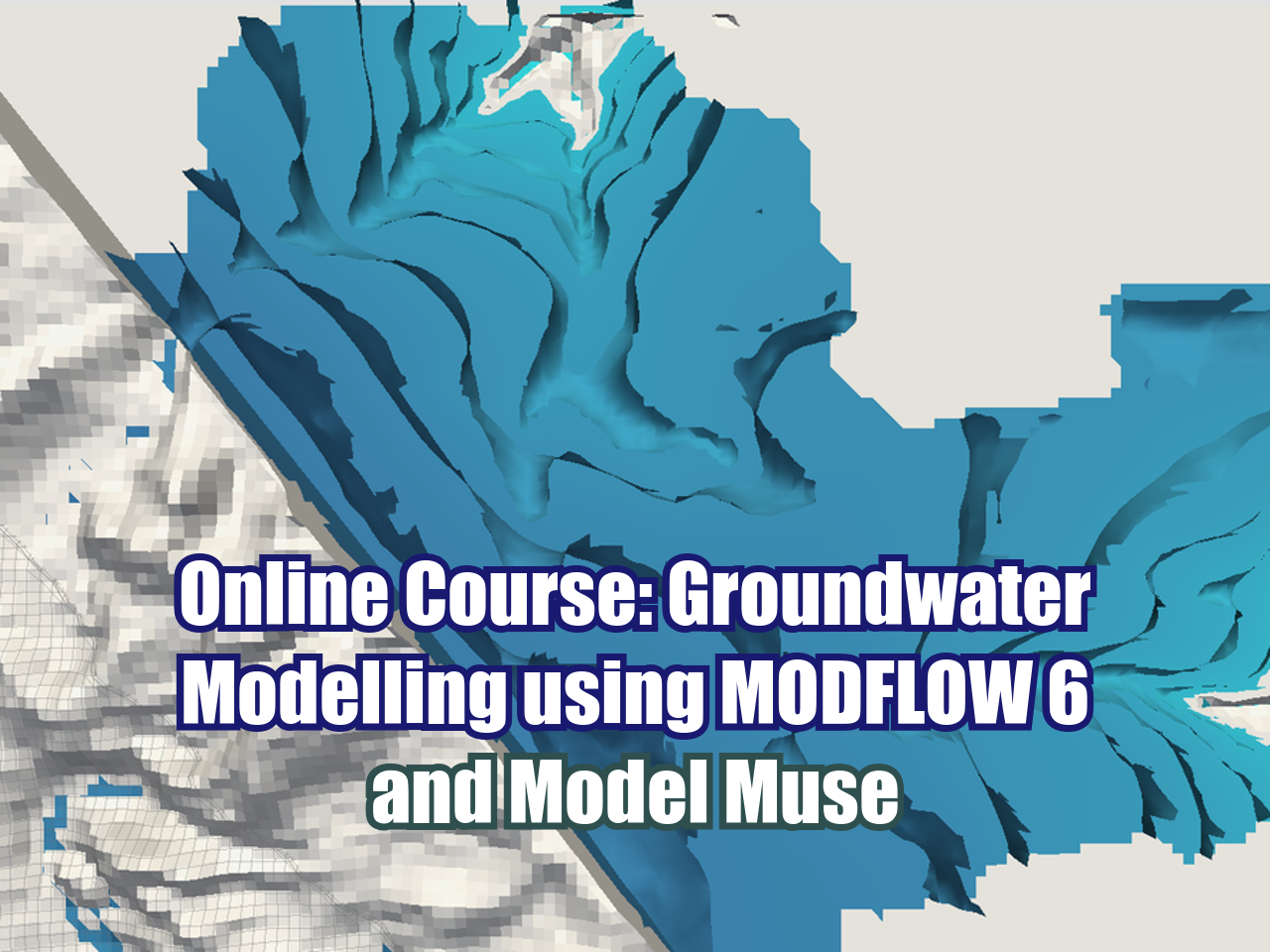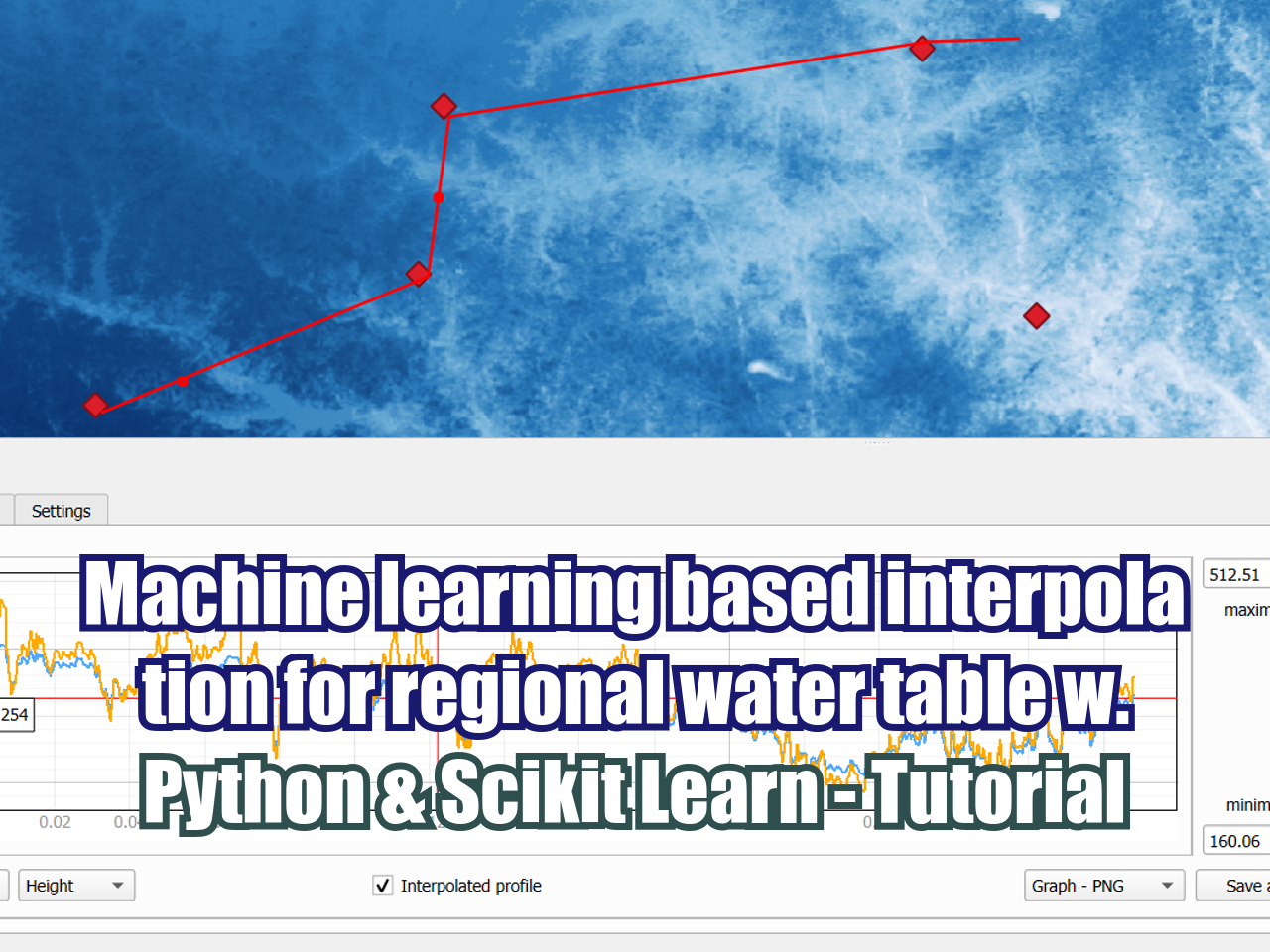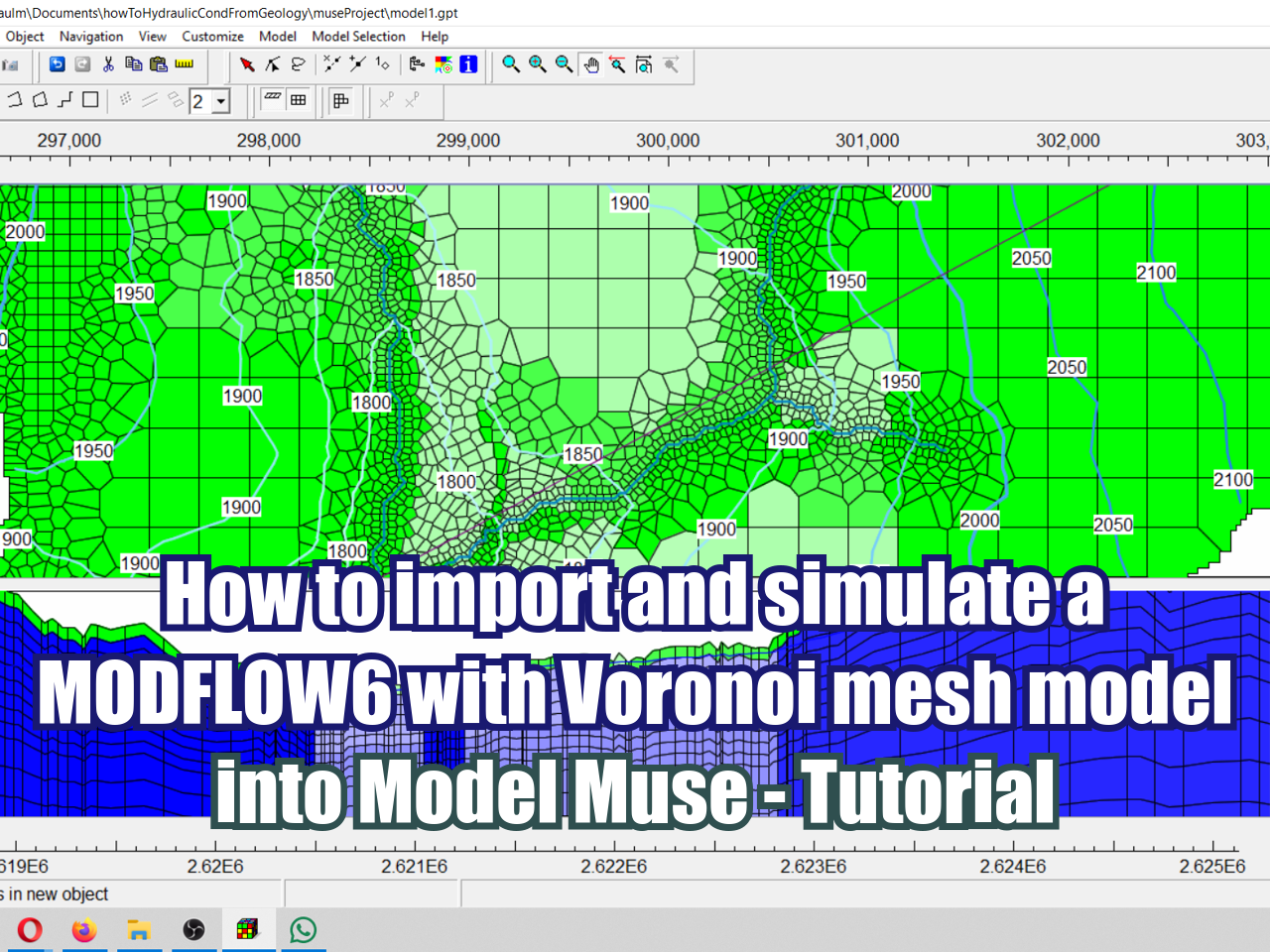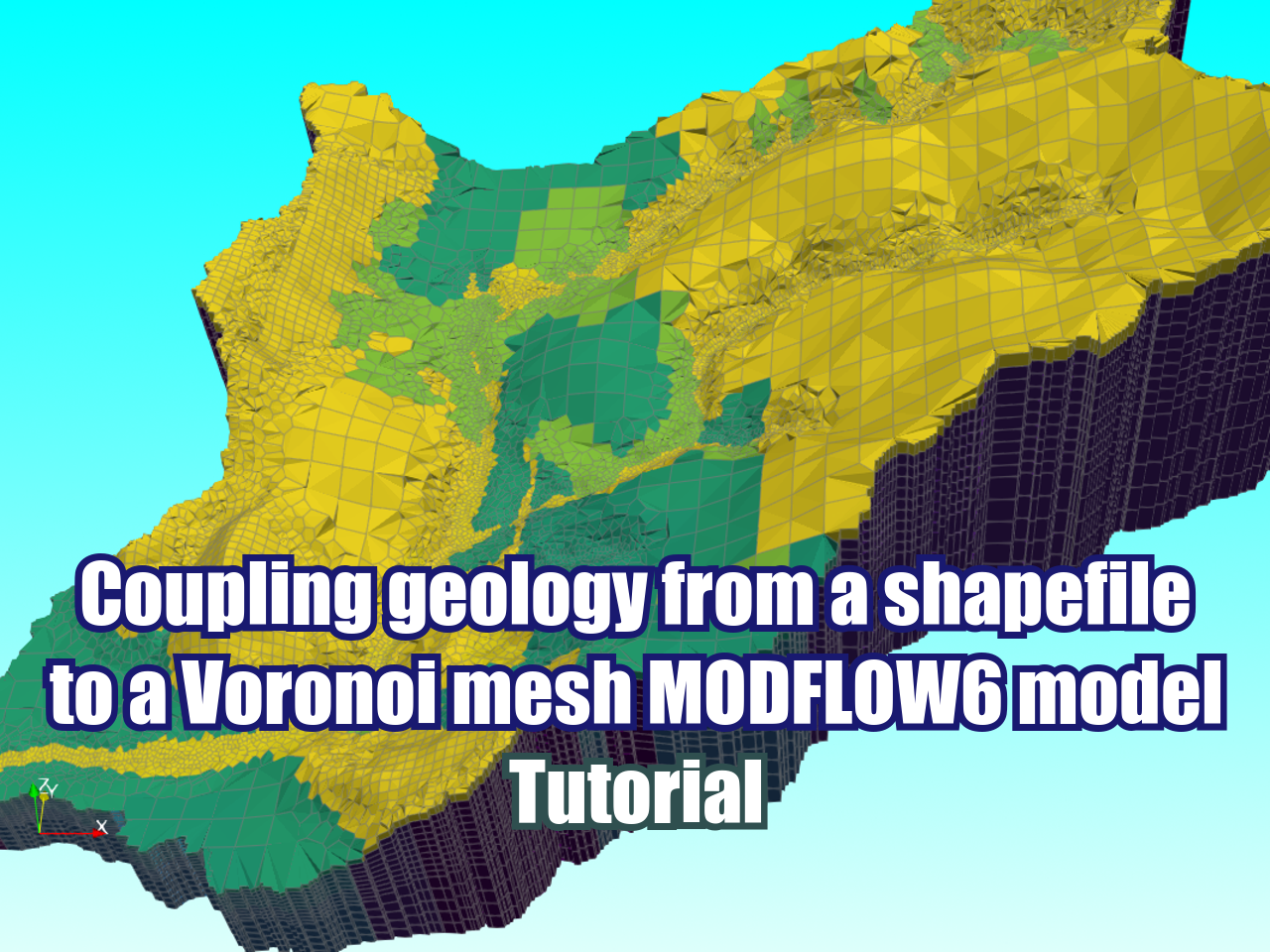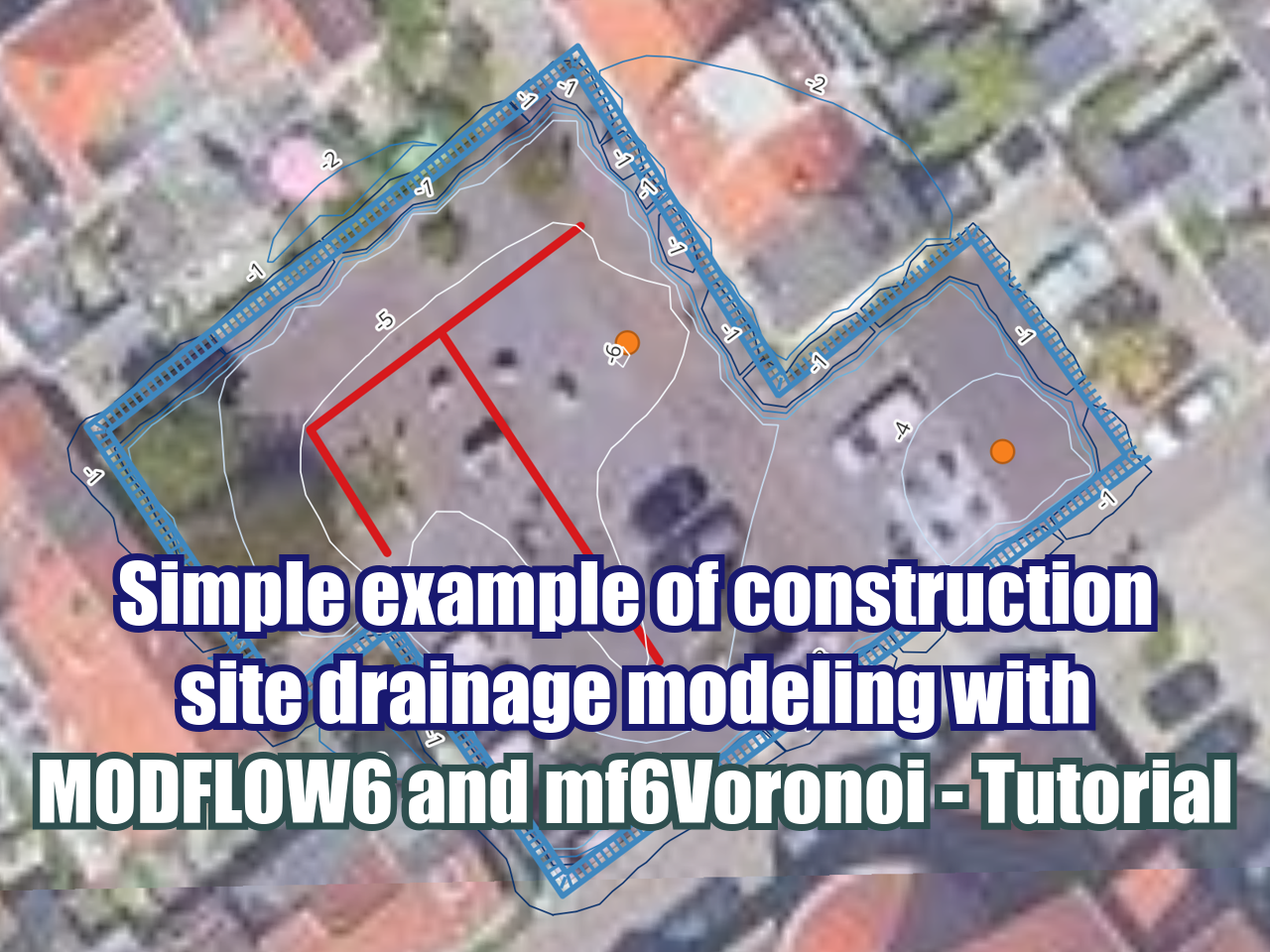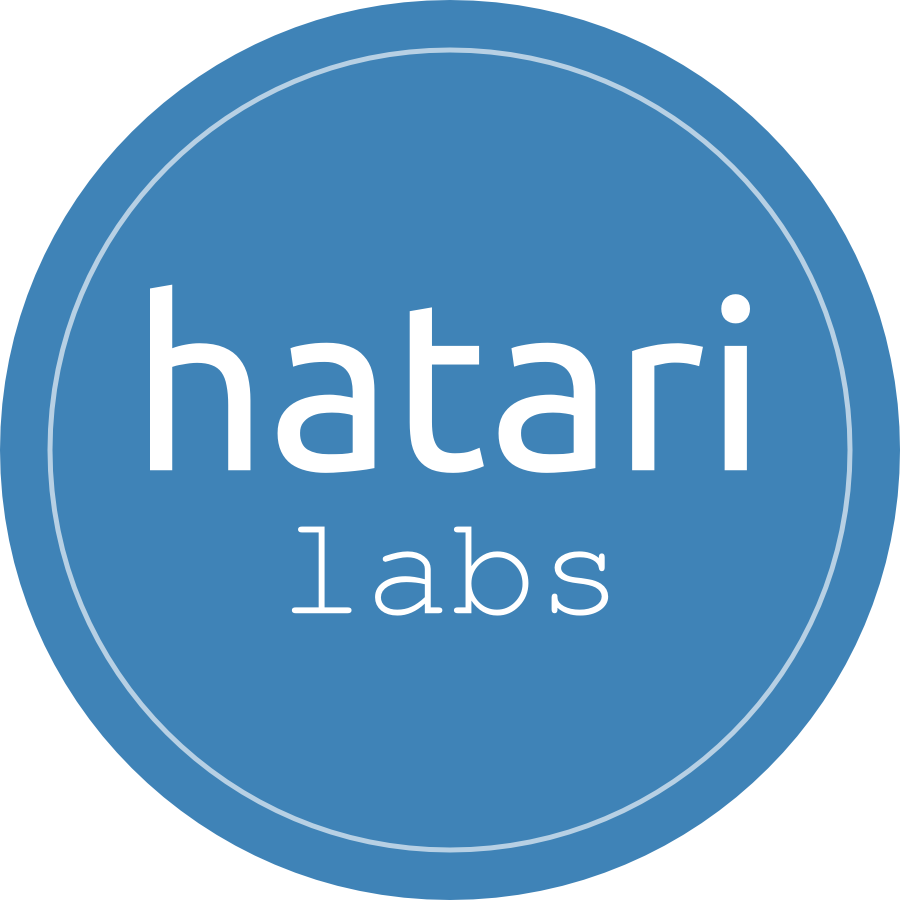Simulation of direct precipitation events over a surface is important to assess the impacted areas and manage disaster situations. Response to precipitation is evaluated over cells in a 2D model and runoff is routed to the stream networks. Landlab is a Python library for a variety of surface processes and can model shallow water flow over topography with a variety of algorithms. We have developed an applied case of direct rainfall for flood modeling over a geospatial raster where an initial water height is applied and then flows over the surface. Resulting water heights are exported as geospatial rasters.
Instructor
Saul Montoya M.Sc
Hydrogeologist - Numerical Modeler
Mr. Montoya is a Civil Engineer graduated from the Catholic University in Lima with postgraduate studies in Management and Engineering of Water Resources (WAREM Program) from Stuttgart University – Germany with mention in Groundwater Engineering and Hydroinformatics. Mr Montoya has a strong analytical capacity for the interpretation, conceptualization and modeling of the surface and underground water cycle and their interaction. He is in charge of numerical modeling for contaminant transport and remediation systems of contaminated sites. Inside his hydrological and hydrogeological investigations Mr. Montoya has developed an holistic comprehension of the water cycle, understanding and quantifying the main hydrological dynamic process of precipitation, runoff, evaporation and recharge to the groundwater system.
Event date
Thursday, Jun 27 2024 6:00 p.m. Amsterdam Time
Register
webinars.hatarilabs.com/webinardetail/flood-simulation-from-direct-rainfall-with-python-and-landlab
